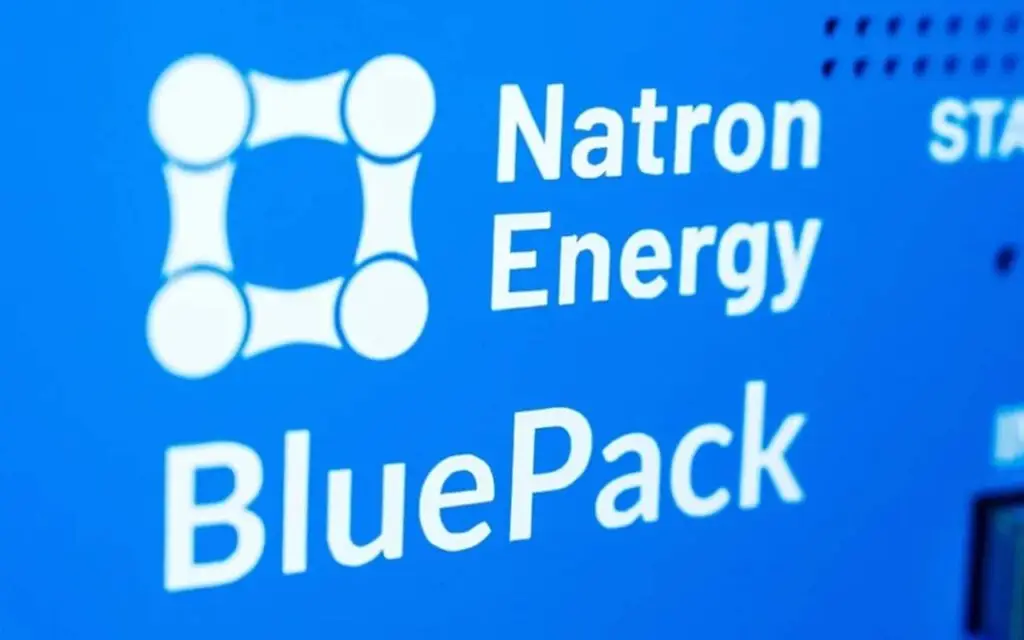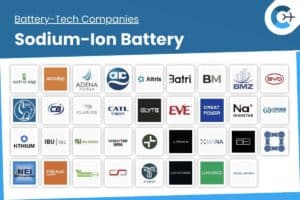Natron Energy, a sodium-ion battery developer that had planned a $1.4 billion factory in Eastern North Carolina and the creation of 1,000 jobs, will cease operations this Wednesday due to ongoing funding challenges. In an internal email shared with staff, Chief Commercial Officer John Schmidt thanked customers and partners for their support and noted that Sherwood Partners, Natron’s largest shareholder, intends to sell the company’s assets. He added that the company will be unable to fulfill existing or future orders.
Founded in 2012, Natron developed a battery chemistry based on Prussian blue electrodes combined with sodium ions, offering potential cost advantages thanks to sodium’s greater abundance compared with lithium. The company had focused early commercial efforts on backup power solutions for data centers and held nearly $25 million in booked orders pending certification by Underwriters Laboratories.
In August 2024, Natron announced plans to build the world’s first sodium-ion “gigafactory” on a 2,187-acre megasite in Edgecombe County, about 60 miles east of Raleigh. North Carolina approved $21.7 million in performance-based incentives and pledged $30 million for construction, contingent on Natron demonstrating firm project financing. To date, no state funds have been released, and the site remains undeveloped.
Industry observers say the startup faced liquidity constraints after some investors froze scheduled funding, and the recent sharp decline—more than 70 percent—in lithium carbonate prices weakened the business case for sodium-ion batteries. Other U.S. battery startups have similarly encountered high scaling costs and tightening capital markets.
Sherwood Partners reportedly explored multiple sale opportunities before placing Natron into an Assignment for the Benefit of Creditors. The company had also received nearly $20 million from the U.S. Department of Energy to support initial manufacturing efforts, including a smaller plant in Michigan.
North Carolina Commerce Secretary Lee Lilley remarked that today’s announcement is disappointing, calling attention to the impact of federal energy policy on rural job growth. Local economic development leaders continue to market the Kingsboro Business Park site, which remains one of the state’s most “pad-ready” locations for large industrial projects.
Source: The News & Observer
















